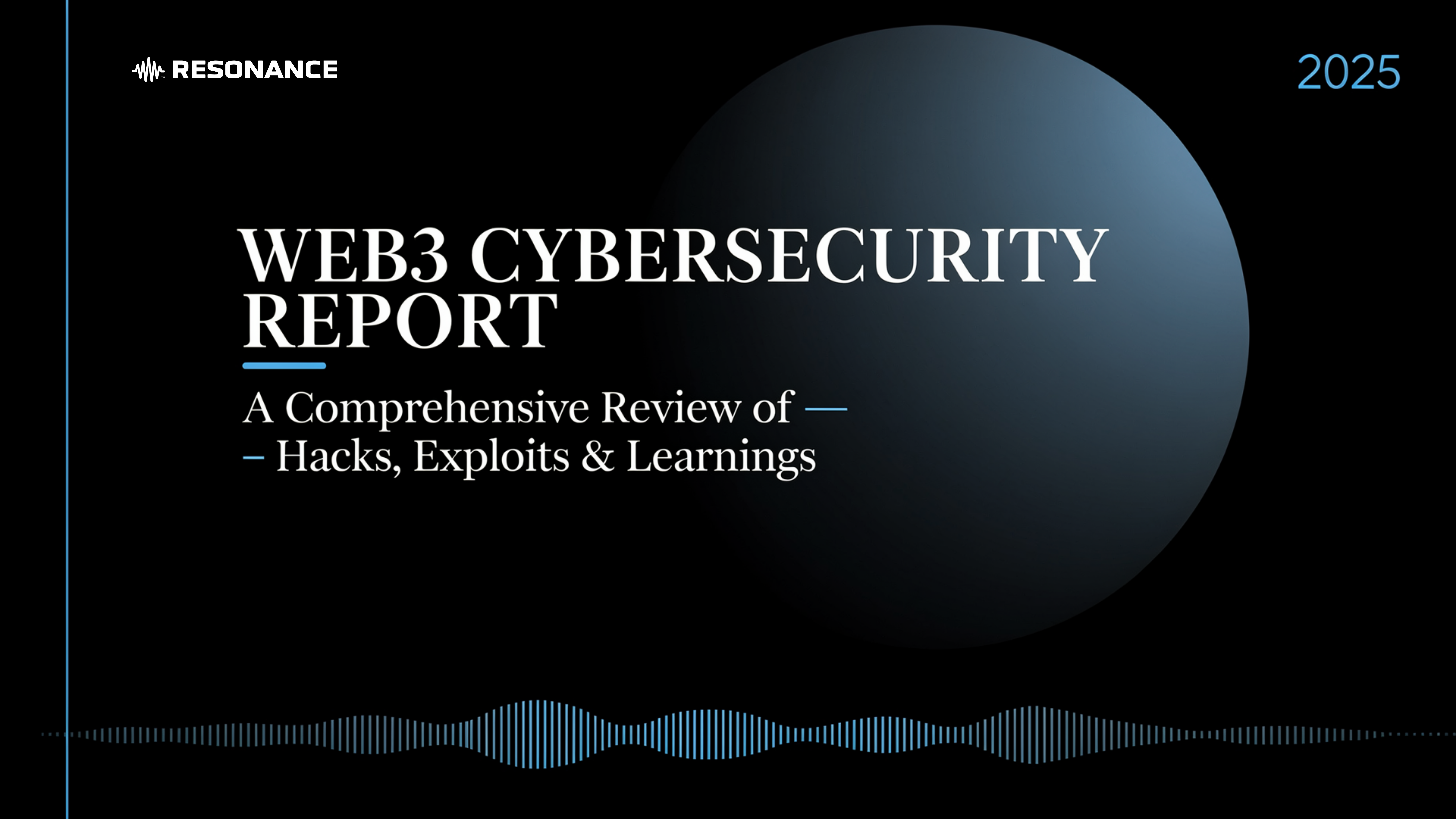Centralized exchanges may promise security, but 2025 keeps proving a simple truth: it’s not always the tech, it’s the people. On July 20, WOO X, a Seychelles-based CEX, got cleaned out for $14 million. Not by a complex exploit or a zero-day, but by a classic move: a team member fell for a phishing trap. One click, and the dominoes toppled.
As Bruce Schneier famously said, “Amateurs hack systems, professionals hack people.” WOO X just became another cautionary case study.

How It Went Down (Spoiler: Fast and Messy)
In under two hours, between 13:50 and 15:40 UTC+8, attackers used stolen credentials from a compromised employee device to access WOO X’s development environment. From there, they drained funds from nine user accounts, hopping chains like tourists on a pub crawl: BTC, ETH, BNB, Arbitrum, Tron. By the time withdrawals were frozen, the attackers had already ghosted with $14 million.
Trading stayed live, but trust didn’t. WOO X quickly promised to cover user losses and called in the cavalry, Seal911 and Hypernative, forensics, PR cleanup, the works.
What Makes This Breach Different (and Infuriating)
- It wasn’t the exchange, it was the people. The core systems stayed secure. But one compromised laptop? That was all it took.
- Dev environments are still treated like side projects. They often hold sensitive API keys and backdoors. In attacker playbooks, dev is the new production.
- Cross-chain laundering is standard now. Moving funds across multiple chains isn’t clever anymore; it’s expected, making recovery a nightmare.
- Speed kills. Under two hours from breach to full drain. If you’re not detecting anomalies in real-time, you’re just a spectator.
The Blunt Truth: Your Team Is Your Attack Surface
This wasn’t about missing firewalls or outdated cold storage protocols. This was about a single human mistake, torching $14 million. Every exchange that thinks “our custody is rock solid, we’re fine” needs to wake up. Your weakest endpoint isn’t your wallet — it’s your employee’s inbox.
How Other Exchanges Can Avoid Becoming the Next WOO X
- Phishing isn’t a checkbox; it’s a culture. Continuous training, simulated attacks, and mandatory device hardening.
- Treat dev like prod. MFA, network segmentation, zero-trust access. If it touches keys, it needs the same paranoia.
- Deploy anomaly detection that actually works. Cross-chain monitoring isn’t optional anymore.
- Practice crisis response before the fire starts. When minutes count, you can’t improvise.
Final Word: Security Is More Than Cold Wallets and Firewalls
The WOO X hack proves it again: you can pour millions into infrastructure, but if Dave in DevOps clicks a poisoned PDF, it’s game over. Attackers don’t care how bulletproof your backend is; they just need one person to hand them the keys.
In 2025, security isn’t just about systems. It’s about people. Harden them, or prepare to write a reimbursement press release.
How Resonance Security Can Help
At Resonance Security, we specialize in human as well as technical hardening. From phishing resilience training to endpoint security, real-time anomaly detection, and 24/7 incident response.
Book a free consult today, and let’s close the gaps attackers love to exploit so that you’re not the next headline.
















.png)